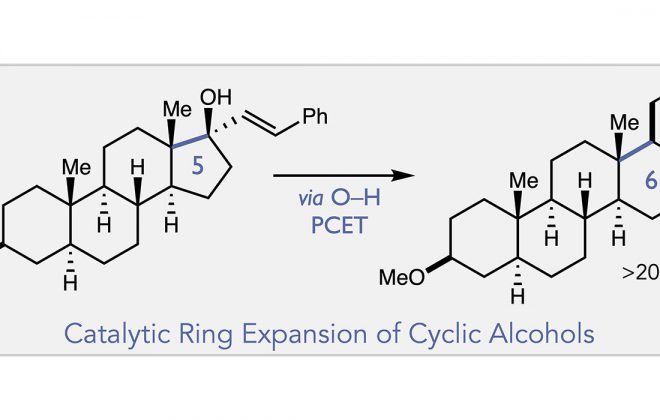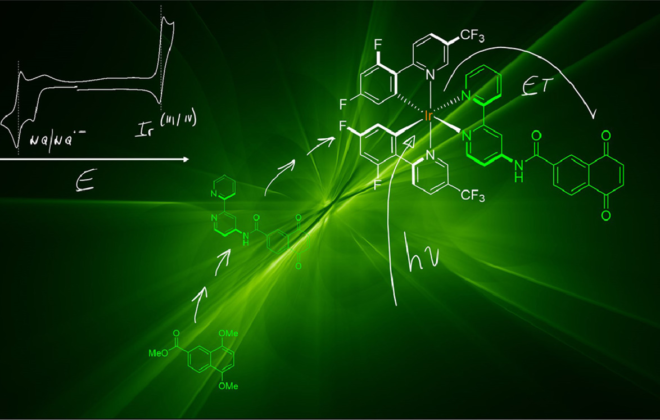40. Depolymerization of Hydroxylated Polymers via Light-Driven C–C Bond Cleavage
Suong T. Nguyen, Elizabeth A. McLoughlin, James H. Cox, Brett P. Fors, Robert R. Knowles
J. Am. Chem. Soc. 2021, 143, 12268−12277. DOI: 10.1021/jacs.1c05330′
https://pubs.acs.org/doi/10.1021/jacs.1c05330
ABSTRACT: The accumulation of persistent plastic waste in the environment is widely recognized as an ecological crisis. New chemical technologies are necessary both to recycle existing plastic waste streams into high-value chemical feedstocks and to develop next-generation materials that are degradable by design. Here, we report a catalytic methodology for the depolymerization of a commercial phenoxy resin and high molecular weight hydroxylated polyolefin derivatives upon visible light irradiation near ambient temperature. Proton-coupled electron transfer (PCET) activation of hydroxyl groups periodically spaced along the polymer backbone furnishes reactive alkoxy radicals that promote chain fragmentation through C–C bond β-scission. The depolymerization produces well-defined and isolable product mixtures that are readily diversified to polycondensation monomers. In addition to controlling depolymerization, the hydroxyl group modulates the thermomechanical properties of these polyolefin derivatives, yielding materials with diverse properties. These results demonstrate a new approach to polymer recycling based on light-driven C–C bond cleavage that has the potential to establish new links within a circular polymer economy and influence the development of new degradable-by-design polyolefin materials.




